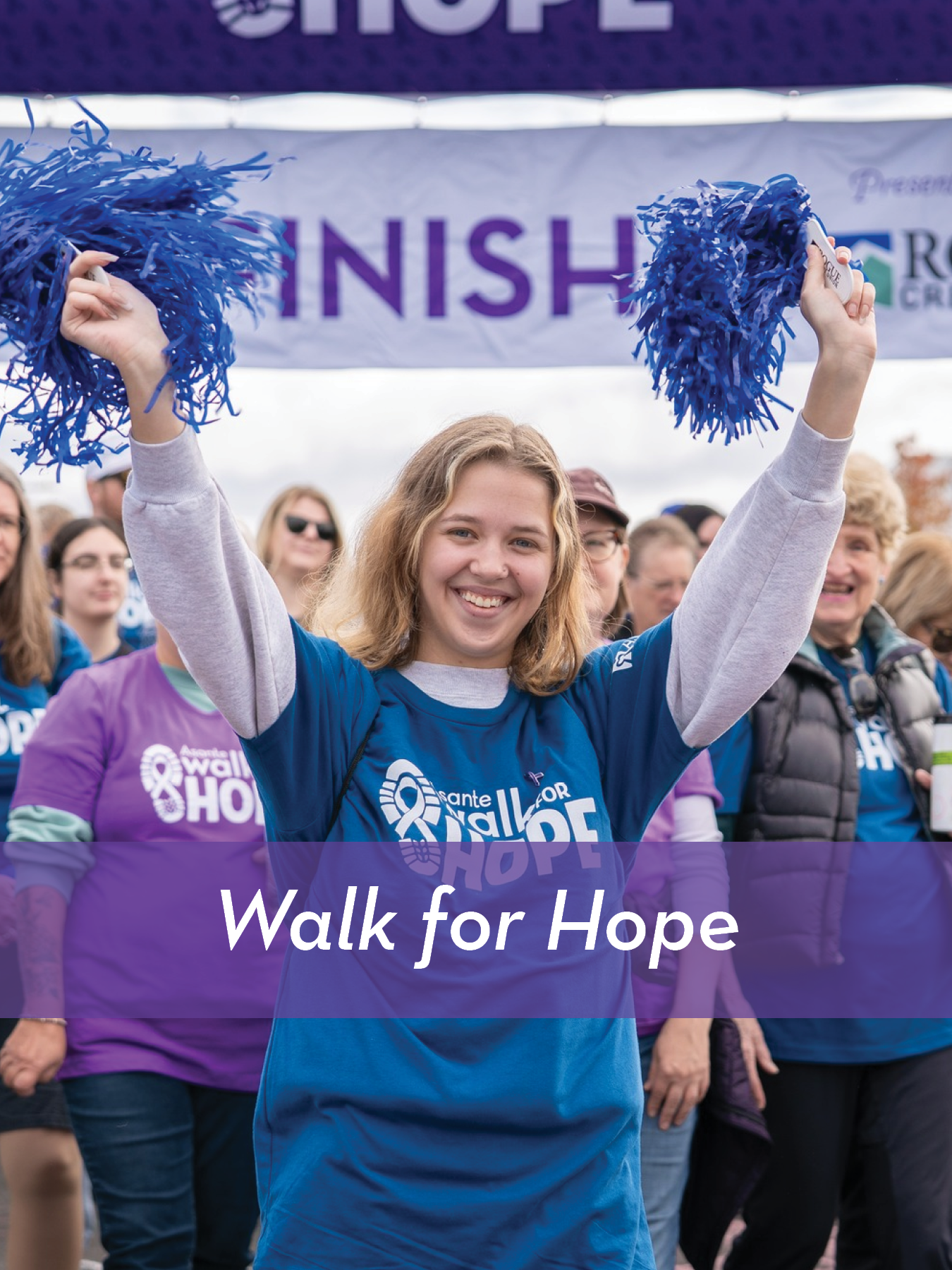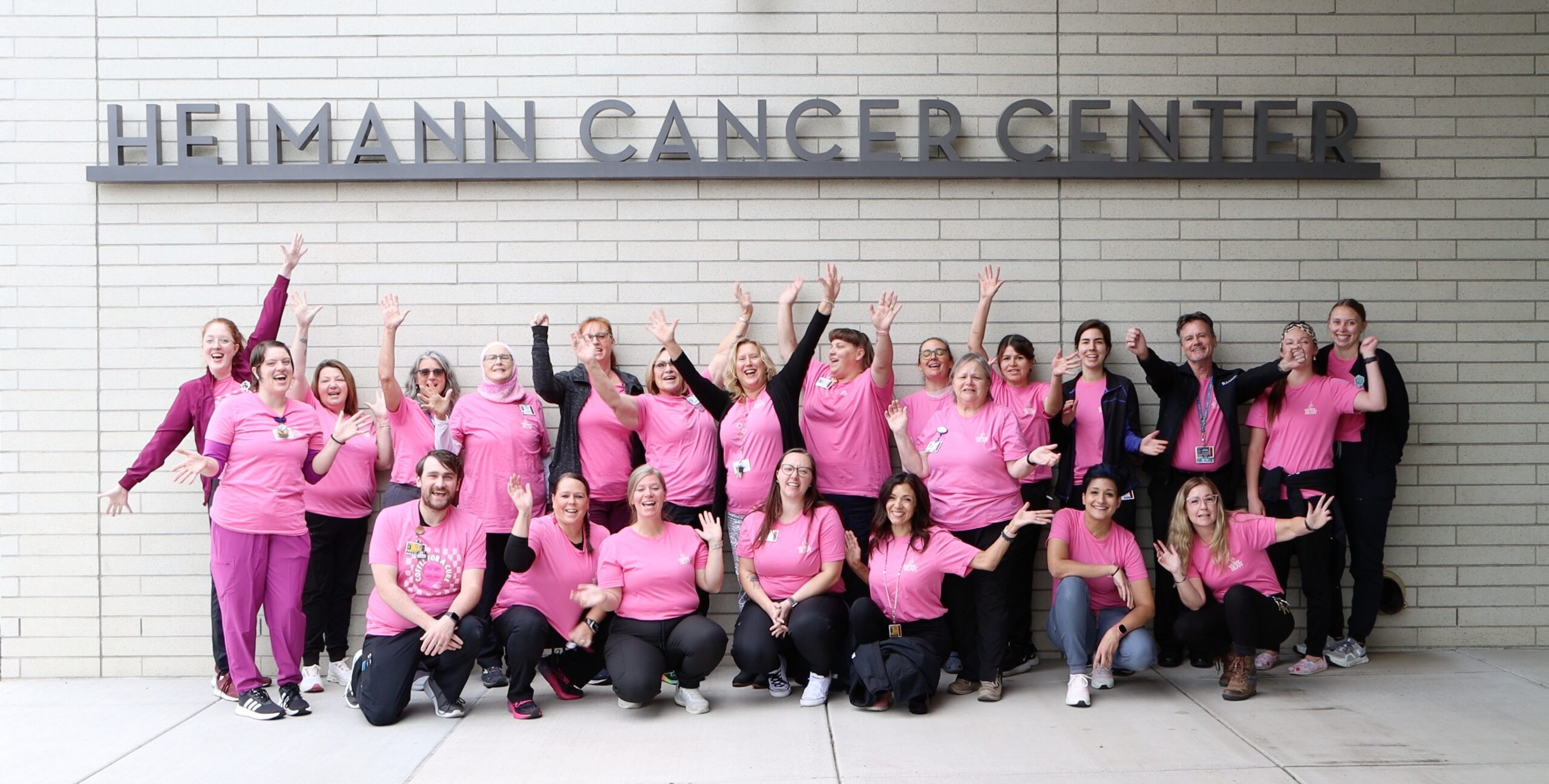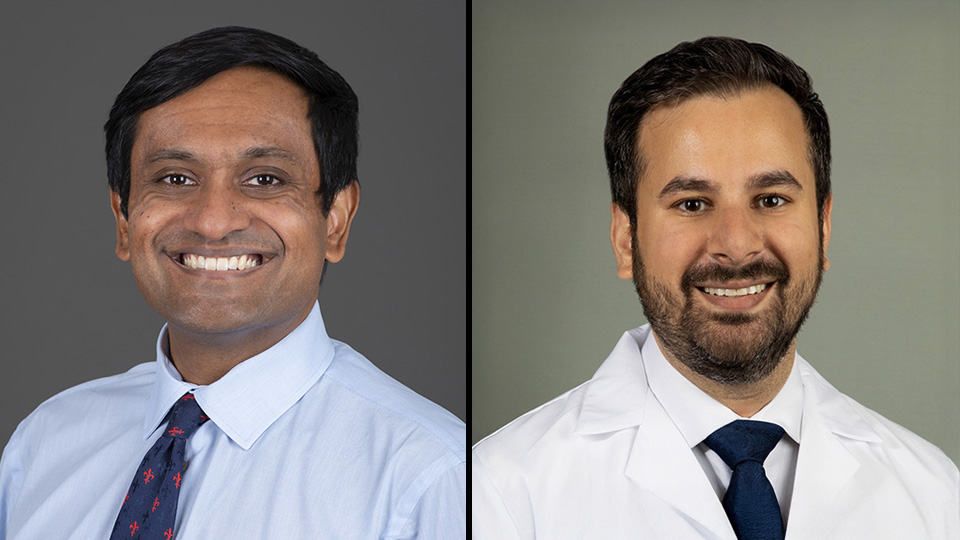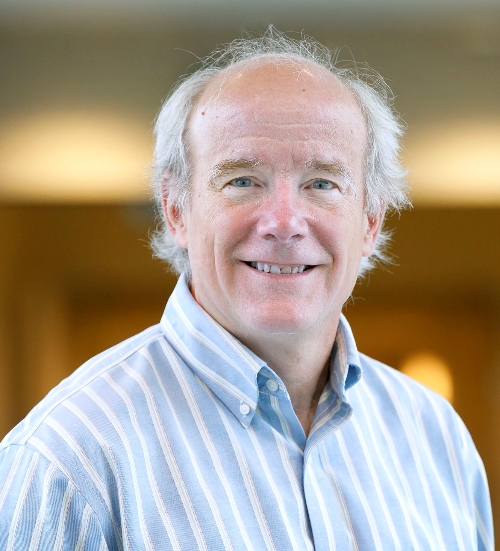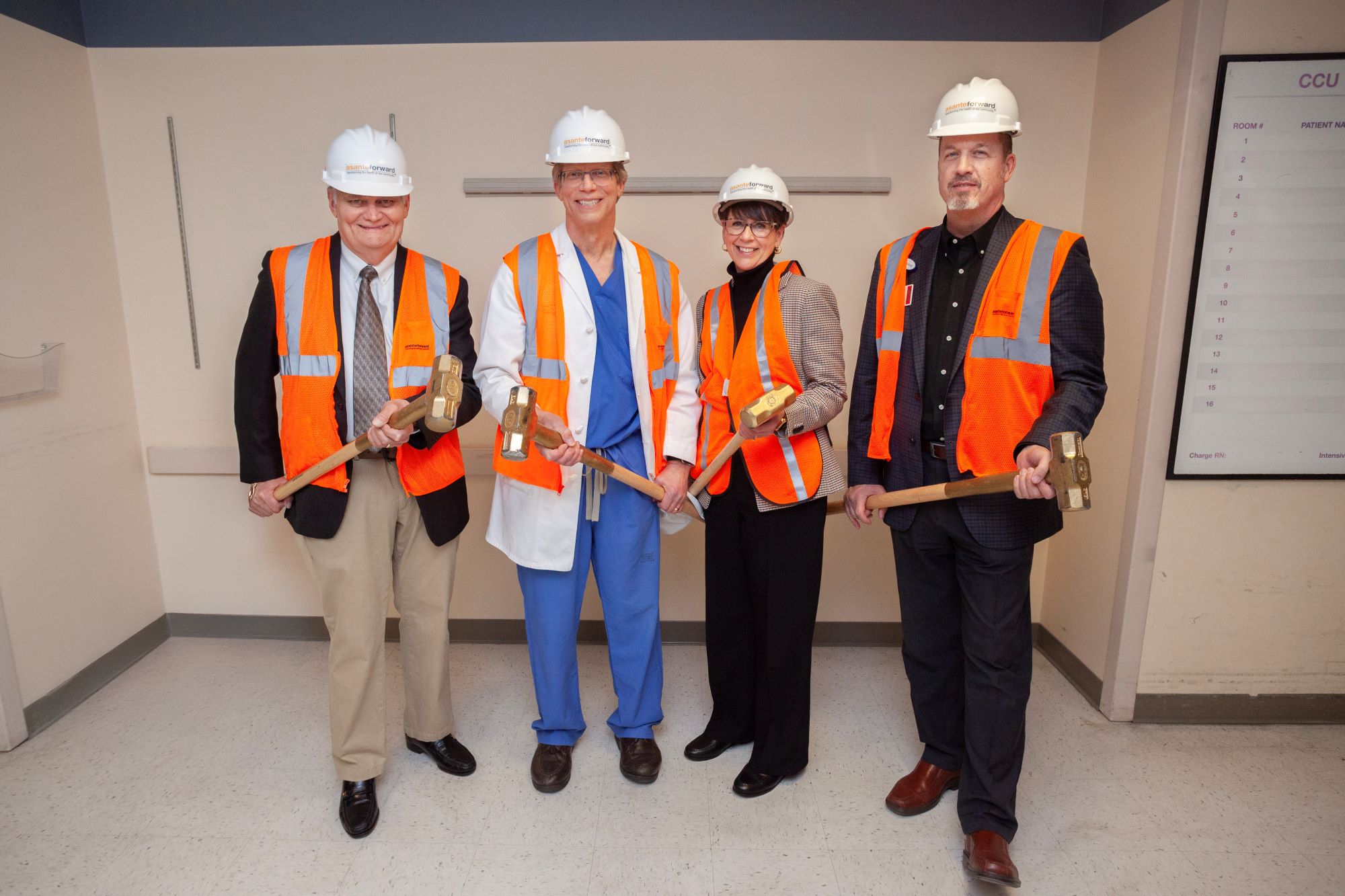Agile and impactful: Asante’s Cancer Research team

Asante Cancer Research is a team of five that manages some 20-25 trials across Heimann Cancer Center and Spears Cancer Center. Eight new trials opened in 2024, with four additional trials in the pipeline for this year.
The roots of this program run deep. Maya Carter, Manager, Cancer Research, began her career with Asante in 1995 as a new grad nurse working the night shift in the in-patient Medical Oncology unit at Rogue Regional Medical Center. Maya caught wind that Asante was considering starting a research program and approached her manager to share her interest. Before she knew it, Maya was on her way to the City of Hope where she attended a week-long clinical trials training course.
Equally passionate, Dr. Charles Dibb, one of the founding physicians of Hematology Oncology Associates, joined forces with Maya with a passion to ensure this program would serve our region and it officially started in 1999 in partnership with Oregon Health & Science University.
“Our first study was a breast cancer prevention trial with 19 patients. And it had practice-changing results,” says Maya.
The team gradually grew over the years.
Elizabeth Collmann-Melton joined the team in 2004 as an Office Assistant. After achieving her bachelor’s in health sciences and master’s in health care administration, Elizabeth grew within the team, later becoming a Research Specialist, and today, serves as the Research Program Coordinator.
“I have learned so much from Maya and the other research nurses. When I got into this, I knew what I am supposed to do. I found my place,” recalls Elizabeth.
“As the program developed, then the positions evolved. We would grow and change things to meet the needs of patients and the federal regulations that come with clinical trials,” shares Maya.
Brenda Milhoan, Oncology Research Nurse, joined Cancer Research in 2019. However, her roots with Asante branch back to 1995, where she also worked as a new grad nurse in Medical Oncology. In between, she continued to work in cancer services at the former Oncology of Southern Oregon practice, in addition to HOA for 17 years.
“What’s so unique about research is that you do everything from screening through understanding the pathology of cancer, how it’s diagnosed, learning to read scans and pathology reports. That’s stuff that you don’t get in any other setting. It’s been exciting,” shares Brenda.
Tammi Kosct, an Oncology Research Nurse, also joined the team in 2019 after working at HOA with Brenda for seven years. Alexandra Brooks-Tharp, IRB Coordinator, is also part of this team, who serves a critical role in the program’s operations by ensuring each study follows guidelines, tracking updates and changes and ultimately serving as a liaison between Asante and researchers.
“Joining this small, but mighty team has allowed me to grow my knowledge base. Not only in the intricacies in cancer diagnoses, but also in the challenges of cancer research. I am honored to be a part of this team as we contribute our slice of data to the research world,” shares Tammi.
Florence and Epic Research Module: gifts that are changing the game
Cancer research trials are routinely audited by several governing bodies, including the National Cancer Research Institute, to ensure patient safety, data integrity and that trials are being conducted according to the approved protocol, as well as compliance with legal and regulatory obligations. As you can imagine, this work requires a lot of documentation. So much so, when constructed, a 15’ by 30’ room was designed in Heimann Cancer Center, just to store the documentation required for a research program.
Two philanthropic donations have changed the game for patients and the Cancer Research team. A grant from the Hillcrest Committee, a local organization focused on cancer research and care, funded Florence – a platform for securely managing and sharing the incredible volume of regulatory documents required for clinical trials.
“Ultimately, the efficiencies that will be realized as we fully adopt this electronic workflow and documentation will allow us to bring more research studies to patients and allow us to open trials, faster,” shares Maya.
On March 3, the new EPIC Research Module went live, thanks to the Pavel Lomen, MD and Kathleen Lamborn, Ph.D Fund for Cancer Research established through Asante Foundation.
One of the most challenging aspects of cancer research is identifying and enrolling patients in clinical trials who meet the specific requirements of the study. The EPIC module can now bring patients to the attention of the provider and team when their records suggest a match to an active trial.
Once enrolled, a special icon indicates that the patient is participating in a study so that any employee who assists them knows this important information. Additionally, patients who are interested in trials can indicate that in MyChart. And through MyChart, research patients now have a centralized place at their fingertips to answer questionnaires and schedule appointments.
With the program and this new tool, Asante will be able to open more studies, locally.
“The work that this team is doing contributes to changing the standard of care for patients. This work changes the future of cancer care.”
Most of these trials are done in university settings or in urban areas. Asante serves a rural population and has a slice of the data not often represented in large, university-based trials. That is vitally important.
“This is a sophisticated cancer research program in a community cancer center. You don’t often see this,” Maya shares.

